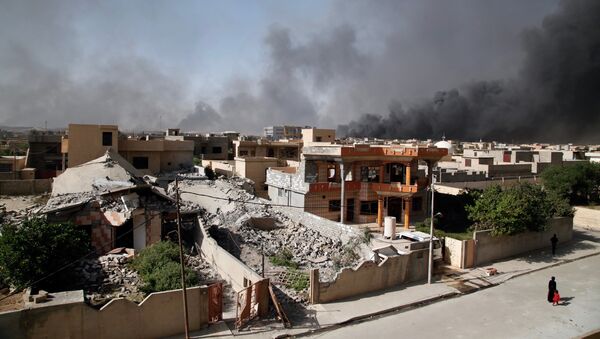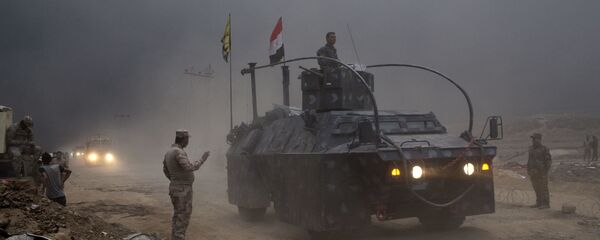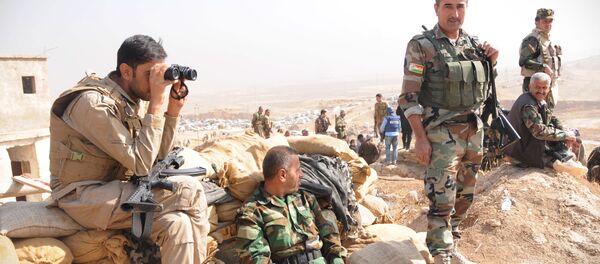Suponina of the Russian Institute for Strategic Studies maintained that the operation for Mosul, the second largest city in Iraq, could have started in September, but was postponed due to technical difficulties and political considerations.
"Political motives clearly include a wish to time the operation so that it would coincide with the presidential election in the US. It is extremely important for US President Barack Obama to show that he achieved at least some success in the Middle East. The only victory to date was the Iranian nuclear deal, but Americans [reached the agreement] thanks to their European and Russian partners," she said.
Andrei Suzdaltsev, the deputy head of the Faculty of World Economy and International Relations at the Moscow-based Higher School of Economics, shared these sentiments, saying that Washington had deliberately waited until late October.
"The weather is not particularly good at the moment. This is all linked to the [presidential] election. This is what they had in their sights. This is what they were waiting for," he said.
The analyst was convinced that the outcome of the battle for Mosul will have a major impact on who moves into the White House on January 20, 2017. He said that foreign policy, unlike domestic affairs, plays a major role in the upcoming election, something "highly unusual for the US in the last three decades."
Suponina further said that helping the Democrats score points is not the only goal that Washington has pursued in Mosul. She noted that terrorists pushed out of the second largest city in Iraq could then move to Syria.
"In other words, the operation in Mosul will help to kill several birds with one stone. Not only will it help achieve success for the Democrats ahead of the elections, [the implications of the offensive] will also create additional challenges for the Syrian government and its allies, including Iran and Russia," she suggested.



